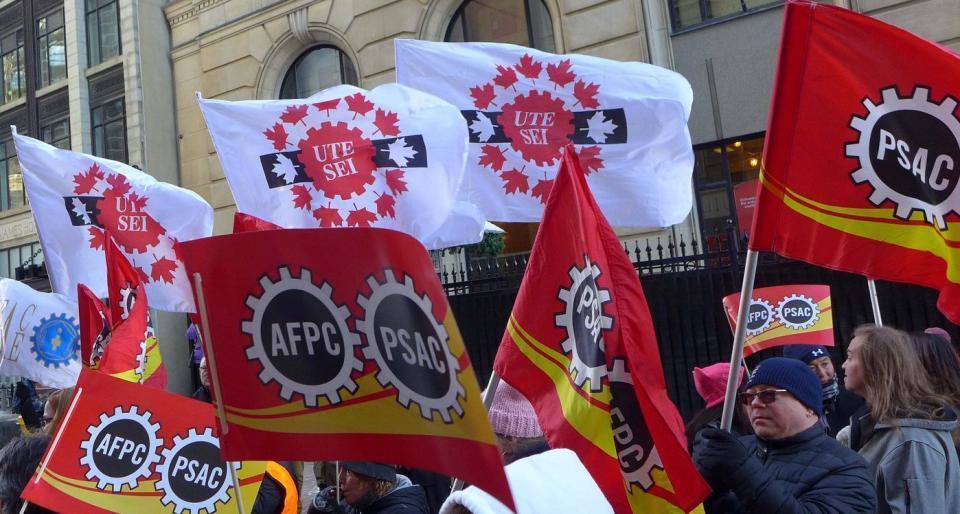During the recent resolution of the strike led by federal workers on May 4, a crucial aspect came to the fore: how important remote work was to them. Canada Revenue Agency (CRA) employees, who made up a significant proportion of the strikers, were at the forefront of this discussion. Their demand for remote work protection was not just a question of comfort, but also of cost of living.
During the pandemic, ARC employees, like many others across the country, were forced to work from home. Although this policy had many disadvantages, such as isolation, the need to acquire equipment, communication issues and greater sedentariness, it also brought unexpected gains for workers. It reduced their travel expenses, such as transportation costs – gas prices at the pump were very high – and parking costs.
As Tannis Dorward, PSAC strike captain in Winnipeg, pointed out, people also took the opportunity to rearrange their lives and make additional savings. “They moved their elderly parents into their homes. They started caring for them full time. They cancelled their day care. They sold their vehicle.” This has enabled them to take better care of their families and reduce their stress levels.
The savings from working remotely have been crucial for CRA employees tending towards the lower end of the salary scale. Civil servants’ salaries can be quite high, but many are between $40,000 and $28,000 a year. The vast majority earn less than $65,000 a year. With a particularly severe inflation, the money saved by teleworking can be significant in the family budget.
The federal government‘s back-to-work policy threatened to dismantle these gains. Without proper consultation with the union or discussion with the workers, the decision to end remote working arrangements came as an unpleasant surprise to them. Dorward explains that the government announced it “right before Christmas and wanted to have it in place within 2 to 3 months.”
Returning to work in person posed a unique challenge for low-wage CRA workers, who faced a higher cost of living, in addition to having to reorganize a large part of their lives once again. This additional burden, combined with their limited incomes, made the return-to-work policy an even greater concern for this group of workers.
As Marianne Hladun, PSAC vice-president for the Prairies, pointed out, “The one misconception out there is that we’re all making six figure incomes with the gold plated pensions.” She adds that the people on the picket line were often the lowest paid in the federal public service. “They are the cleaners. They are the mailroom clerks. They are the people answering the phones. So they’re not making 125,000.”
She also explains that “in the Prairies, I think the one thing that the federal government, you know, missed in this whole process is that by allowing remote work, we’ve now opened up the public service to members in rural communities. As long as you have an Internet connection, you can be part of the public service.”
While the strike finally came to an end on May 4, 2023, the collective agreement wrested from their employer by CRA workers partially preserves telework protection. This could help workers and their families, as the government will have to assess telework requests individually without rejecting them outright. Solidarity among colleagues and public support were crucial in securing these benefits, according to Tannis Dorward, strike captain.


Be part of the conversation!
Only subscribers can comment. Subscribe to The North Star to join the conversation under our articles with our journalists and fellow community members. If you’re already subscribed, log in.